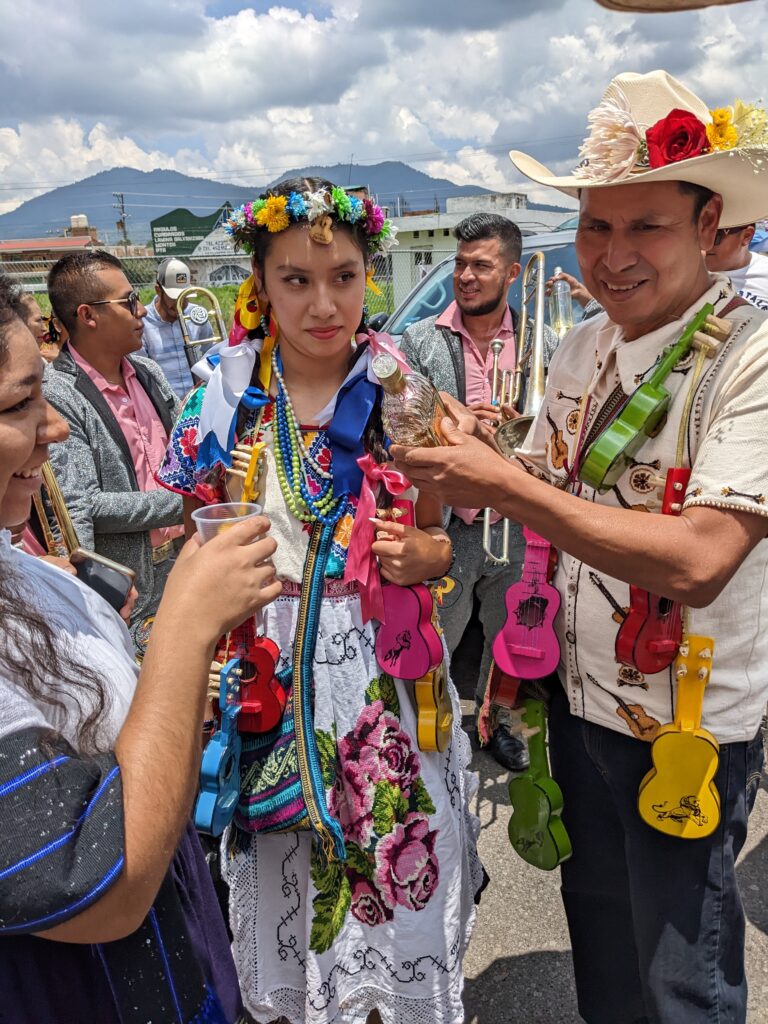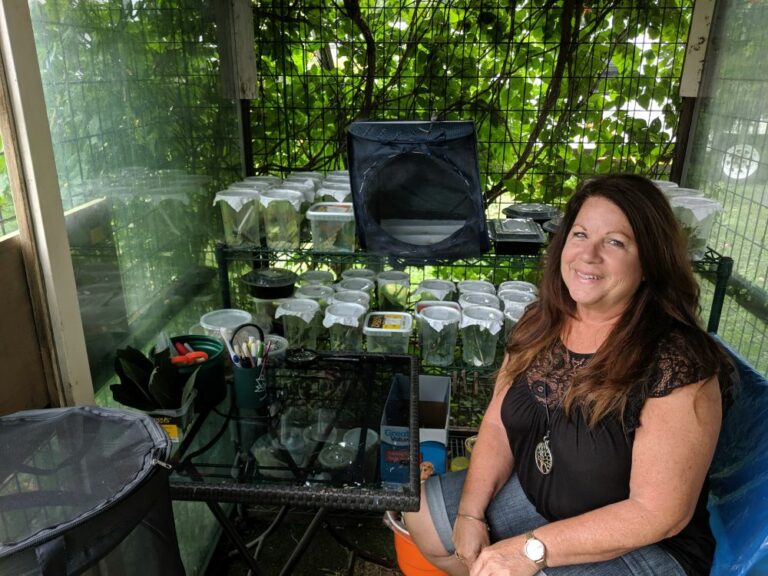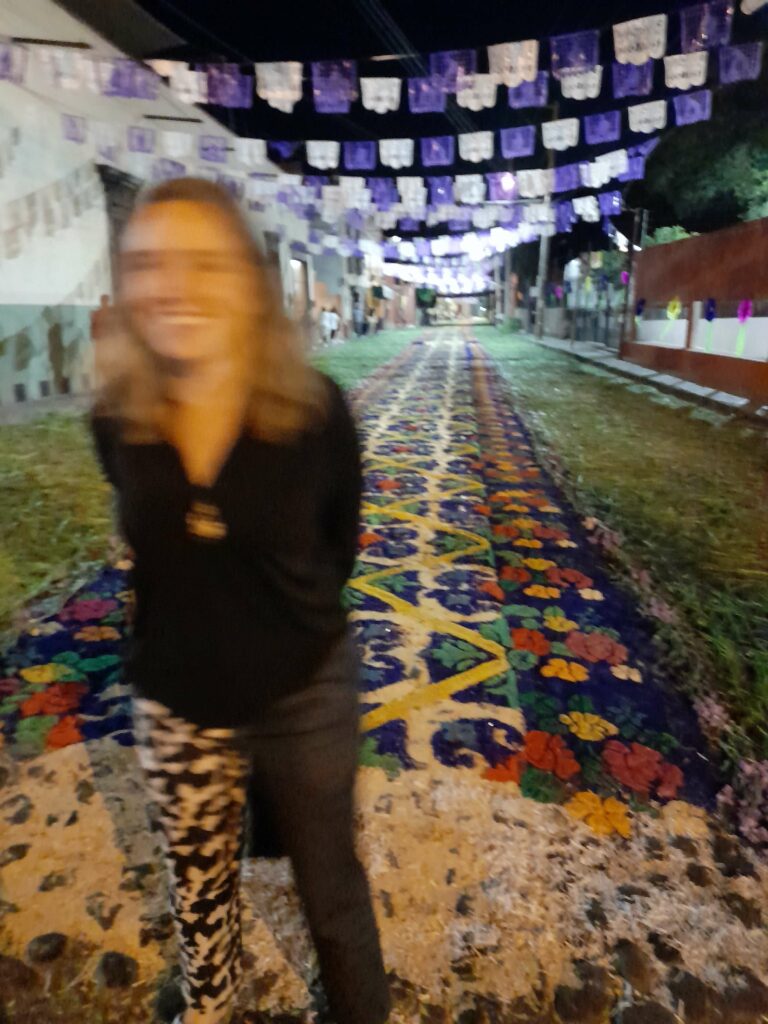I’ve had five issues come up in my practice lately, a lot of them connected to the hype around psychedelic-assisted therapy and the expectations that all of the good press has created.

(Images are from a cloudy afternoon last October at La Cañada de la Virgin, a partially excavated ceremonial center outside of San Miguel de Allende. It was created by Otomí and Toltec peoples between 540 and 1050 AD and used as place of worship by their descendants for long after.)
1. You need to initiate your own therapy.
Some folks come to me and say, “hey, my friend/partner/parent could really use this.” Yet committing to this kind of intensive work requires the 100% buy-in of the participant. Also, who likes to be told by someone else, “you could really do with some more personal work”? That never lands well.
Even when people come to me for their own sessions, an important part of preparation is checking in with their whole system and getting the consent of every single part of them for any work that we may do, whether it’s an IFS session or, farther down the line, work with plant medicine. Many of us have gung-ho personal development parts shouting, “FIX THIS NOW,” drowning out our younger, scaredy-cat parts. Tending to those tender little ones is essential to making therapy a safe space for the plurality that is you.
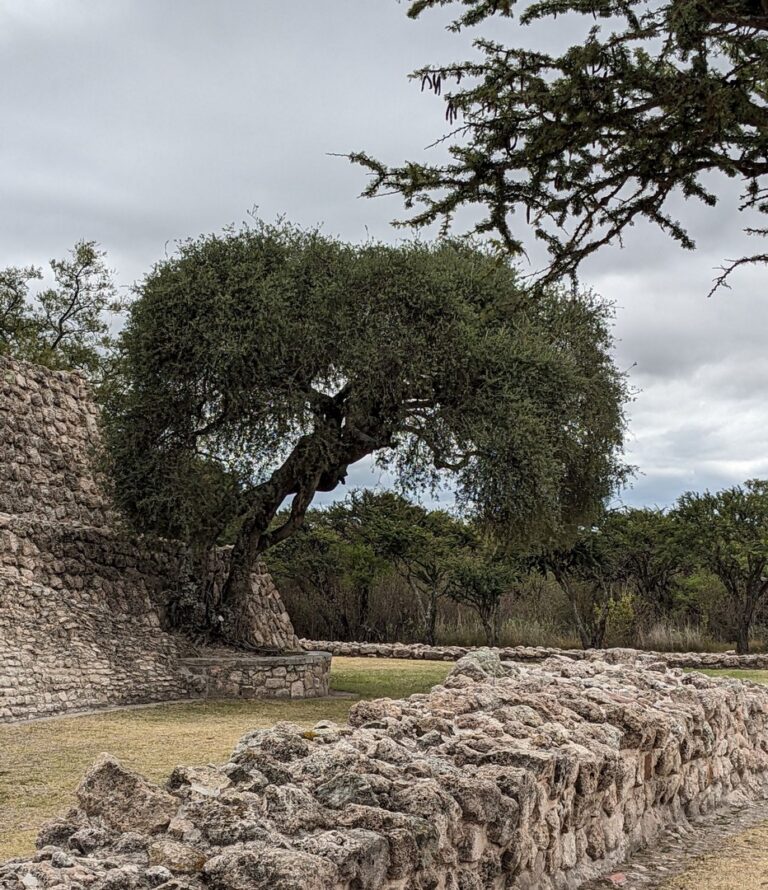
2. Plant medicine is not a magic bullet.
Some people seem to think that one trip will fix everything. And you might have a nice experience with some cool visuals–or just as easily a hellish one filled with challenging unconscious material. But if you want a meaningful, life-changing experience, you have to lay the ground work and do the follow-up. Skipping the preparation phase feels akin to tossing you in the deep end of the pool without swimming lesson. To my mind, IFS sessions are those swimming lessons. In this practice, we spend time exploring and mapping your psyche, so that you know the lay of the land when you go inside, and, most importantly, how to handle anything that may arise.

3. IFS (Internal Family Systems), with or without plant medicine, is a powerfully transformative practice.
While I’m hesitant to do psychedelic-assisted therapy with people who aren’t interested in exploring IFS, I’m very happy doing IFS with people who have no interest in psychedelic-assisted therapy. While intense states of altered consciousness may speed up the therapeutic process, both roads lead to the same destination. IFS and psychedelics teach you to view all of your experiences through the lens of non-judgmental curiosity, making you a compassionate witness of your life.
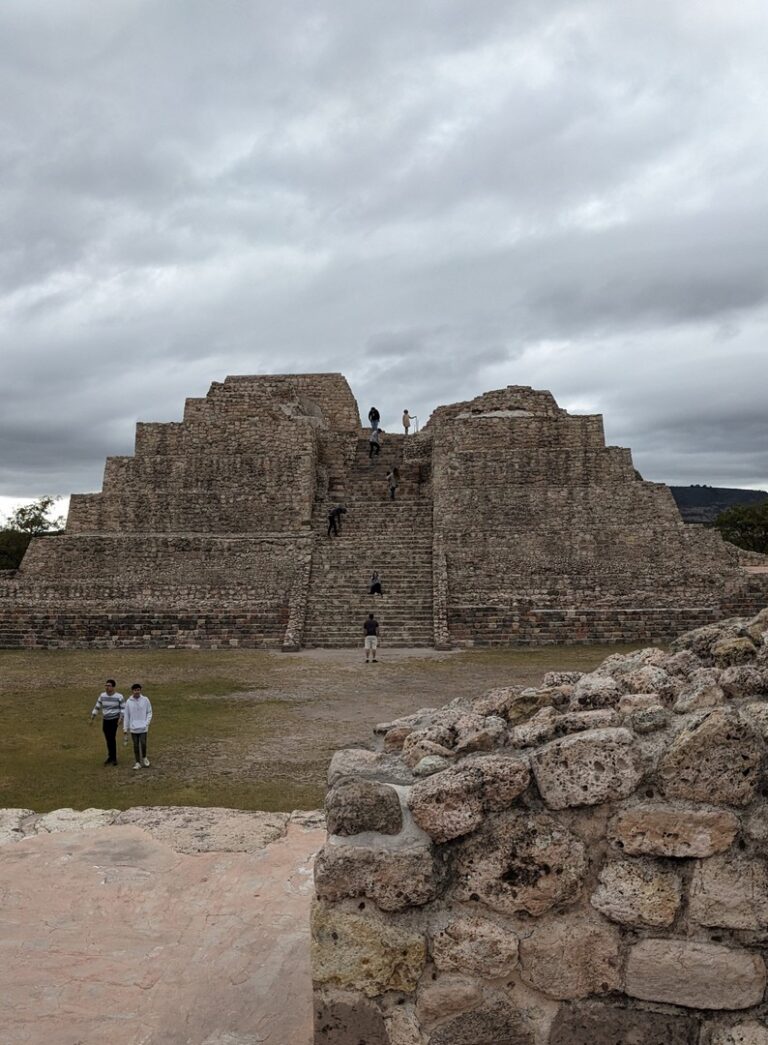
4. Most retreats and ceremonies provide little in the way of preparation and integration of the profound experiences that they offer, and that’s a disservice.
Make the most of your investment—and by investment I don’t just mean money, but the risk and effort involved with opening yourself up in that way. I love working with people who journey elsewhere but need assistance making meaning of these experiences of altered consciousness before and after the fact.
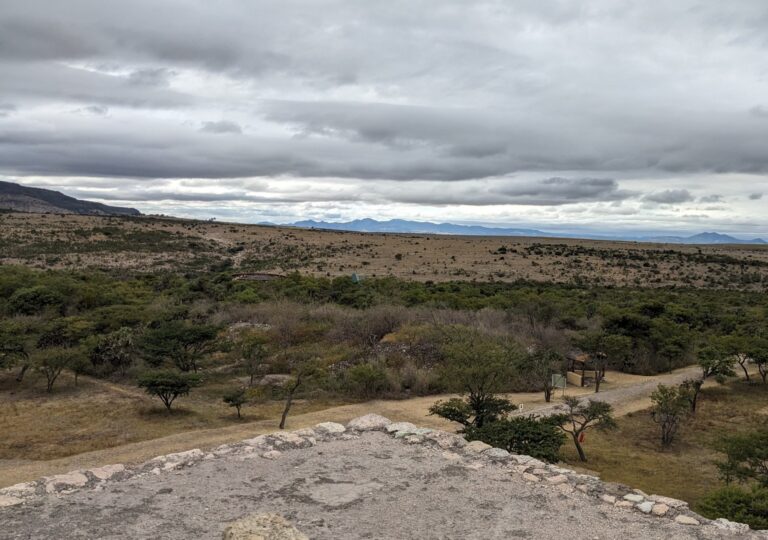
5. It’s hard to do this work if you have no issues.
There are two possibilities here:
- It’s true. Amazing! I have yet to meet anyone like you.
- You have a very strong protector sitting on the lid of a lot of difficult material who’s saying, “really, it’s all fine, just move along…”
As you may have gathered, I have a big skeptical part when it comes to this claim. Many whom I’ve heard make it struggle with addictive processes and/or with being kind to others and/or with being kind to themselves. I don’t think any of us get out of this plane of existence without experiencing
- some degree of attachment injury
- loss and grief
- relationship challenges
- struggles with accepting all that is
- the search for meaning and purpose
- dealing with aging (if we’re lucky)
- facing our own mortality (all of us).
We’re all dealt stuff in this life. If you accept the challenge, it’s your sacred duty to do what you can to process these burdens in order to leave yourself, your relationships, and the world a better place.

